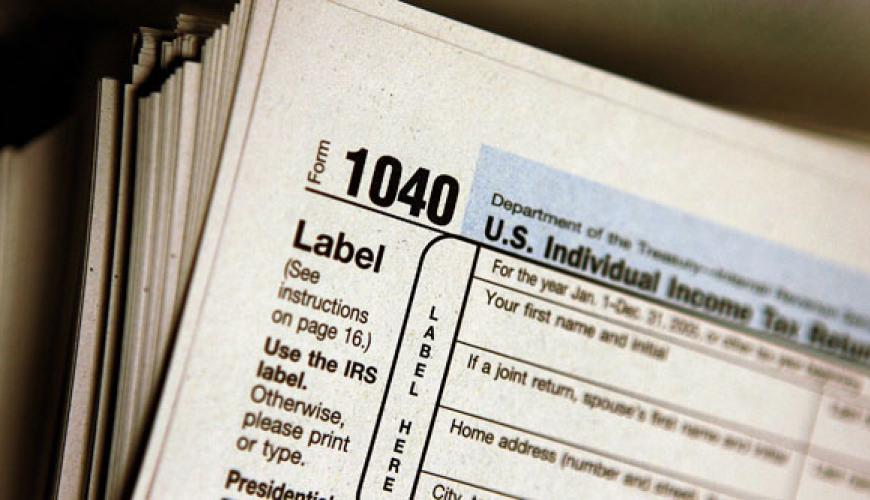House Votes Against Doubling SALT Deduction Limit
- 15 February 2024 2:01 AM

On Wednesday, the House dismissed a proposed bill to double the state and local income tax (SALT) deduction for some taxpayers following a procedural vote of 195 to 225. Conservatives from both the Democratic and Republican parties comprised the majority who voted against the rule governing the bill's debate.
The legislation to raise the SALT deduction limit has been a contested issue since a $10,000 cap was imposed by the 2017 fiscal law signed by former President Donald Trump. This measure was introduced as a way to counterbalance the cost of tax cuts. Since then, legislators, particularly those from high-tax states such as New York, New Jersey, and California, have been working tirelessly to reinstate the full value of the tax break, which tends to primarily benefit the wealthy.
The vote on the SALT deduction bill was facilitated by Speaker Mike Johnson, part of an overall strategy to garner support for the $78 billion tax package approved by the House earlier this month.
Representative Mike Lawler, a New York Republican, proposed the bill which aimed to increase the SALT cap to $20,000 for joint filers earning less than $500,000 per annum, starting from the 2023 tax year. Historically, lawmakers from both sides of the aisle had worked collaboratively to raise the SALT cap. However, in this instance, Democrats distanced themselves from Lawler’s bill. Notably, Representatives Josh Gottheimer and Mikie Sherrill from New Jersey withheld their support.
The proposed legislation faced heavy criticism from policy analysts across the political spectrum. Critics from the fiscally conservative Committee for a Responsible Federal Budget asserted that an increase in the SALT deduction cap would undermine the tax code without sufficient offset.
Chuck Marr of the progressive Center on Budget and Policy Priorities also expressed his opposition to the bill. Marr maintains that more than half of the benefits derived from doubling the SALT deduction would be concentrated among households within the 95th to 99th percentiles for income. To illustrate his point, Marr argued that a $400,000 income family residing in a usual high-tax region could receive a tax reduction worth approximately $2,400, in addition to the $12,000 cut they had received under the 2017 tax law.
Marr pointed out a common misconception about the perceived beneficiaries of the SALT bill, stating it would not compensate those disadvantaged by the 2017 tax cuts, but rather provide additional tax cuts to wealthy households. Thus, the controversial legislation was shot down, leaving the status quo unchanged with a $10,000 cap on SALT deductions.
